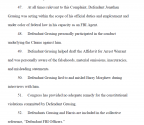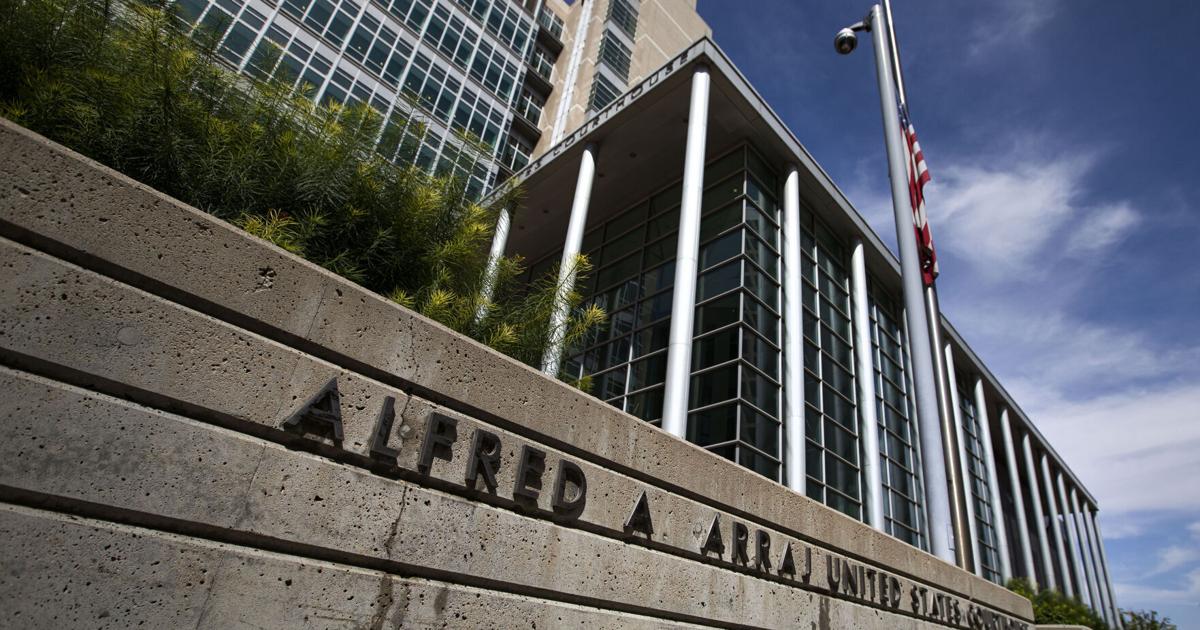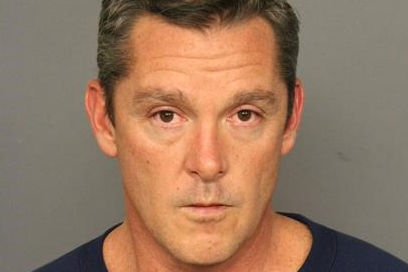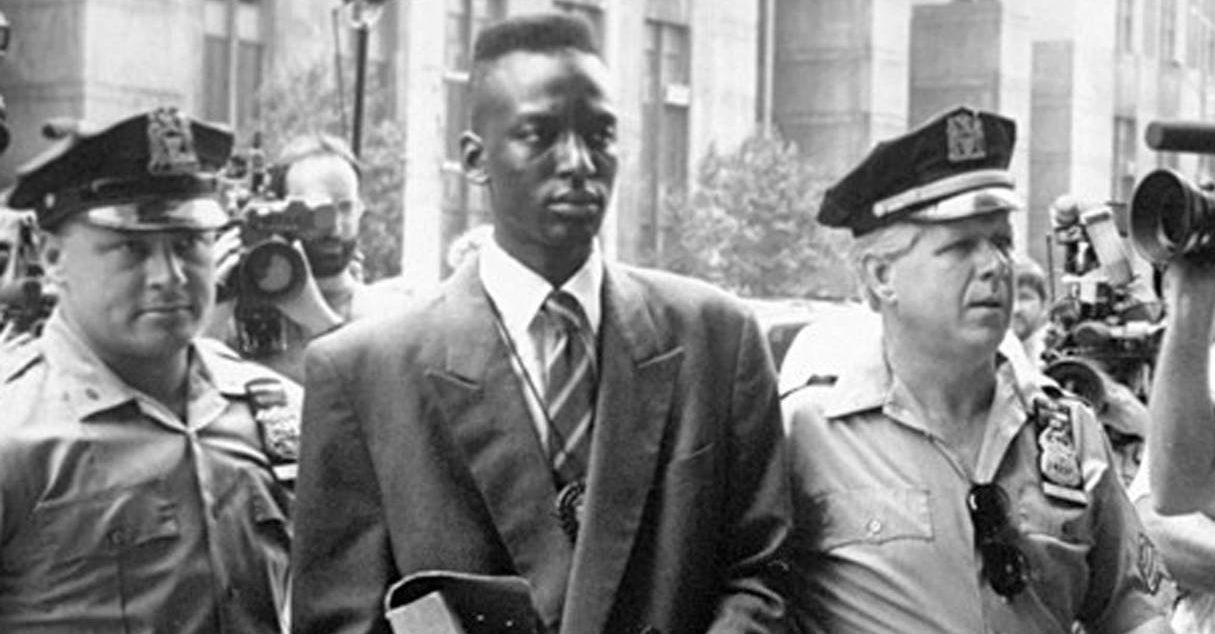In BM's Civil action, he alleges
twelve thirteen separate claims of civil rights violations by the following defendants:
Chaffee County, Colorado,
Board of County Commissioners of Chaffee County, Colorado,
Chaffee County Sheriff’s Department,
District Attorney Linda Stanley, in her individual and official capacity,
Chaffee County Sheriff John Spezze, in his individual and official capacity,
Chaffee County Undersheriff Andrew Rohrich,
Eleventh Judicial District Attorney’s Office Investigator Alex Walker,
Deputy District Attorney Jeffrey Lindsey,
Deputy District Attorney Mark Hurlbert,
Chaffee County Sheriff’s Detective Robin Burgess,
Chaffee County Sheriff’s Deputy Randy Carricato,
Chaffee County Sheriff’s Deputy Scott Himschoot,
Chaffee County Sheriff’s Sergeant Claudette Hysjulien.
Chaffee County Sheriff’s Sergeant William Plackner,
Colorado Bureau of Investigation Director John Camper,
Colorado Bureau of Investigation Agent Joseph Cahill,
Colorado Bureau of Investigation Agent Megan Duge,
Colorado Bureau of Investigation Agent Caitlin Rogers,
Colorado Bureau of Investigation Agent Derek Graham,
Colorado Bureau of Investigation Agent Kevin Koback,
Colorado Bureau of Investigation Agent Kirby Lewis,
Colorado Bureau of Investigations Deputy Director of Investigations Chris
Schaefer,
Federal Bureau of Investigation Agent Jonathan Grusing,
Federal Bureau of Investigation Agent Kenneth Harris,
John/Jane Does 1-10,
and other unknown employees of the Eleventh Judicial District Attorney,
and other unknown officers of the Chaffee County Sheriff's Department.
___________________________
Let's review each claim separately-- beginning with Claim-1.
(Pg 143/185 - Case 1:23-cv-01108 Document 1 Filed 05/02/23 USDC Colorado).
CLAIM ONE: 42 U.S.C. § 1983 and Bivens16
Malicious Prosecution and unlawful detention
Defendant Officers, Defendant Prosecutors, Defendant FBI Agents, and
Defendants Cahill, Duge, Rogers, Graham, Koback, and Lewis
First, the main difference between a Bivens lawsuit and a claim under
42 U.S.C. § 1983 is that a Bivens claim covers the federal government and its agents. Section 1983 claims, by contrast, cover local or state officials or agencies.
The common-law tort of
malicious prosecution originally developed to provide a remedy for plaintiffs who were unjustly prosecuted in a criminal proceeding.
Today,
malicious prosecution actions can be brought to redress wrongful civil actions as well. The “central thrust” of an action for
malicious prosecution is a right not to be involved in an unjustified litigation.
This
Note suggests that the confusion in this area of law derives from the use of the language of
malicious prosecution tort law to describe what really amounts to a Fourth Amendment seizure claim under § 1983.
There is no constitutional right to be free from malicious prosecution. The better lens through which to analyze these claims, as the Court acknowledged in both
Albright and
Manuel,** is the Fourth Amendment.
By trying to force the malicious prosecution tort into the Constitution, the courts have remained faithful to neither tort principles nor constitutional principles.
While Justice Alito correctly noted in his
Manuel dissent that there is a “severe mismatch” between the Fourth Amendment and the elements of malicious prosecution, the real failing of
Manuel was not, as Justice Alito suggested, that it refused to answer the “malicious prosecution” question.
Rather, the problem with
Manuel was the Court’s failure to specify the elements of the type of § 1983 claim it recognized in
Manuel—namely, unlawful detention after the start of legal process in violation of the Fourth Amendment. (**Also see later, Thompson v Clark (4 April 2022)).
PROVE IT:
To prove malicious prosecution, the plaintiff must prove 3 things:
1) The defendant acted without probable cause and with malice toward the plaintiff.
2) But for the defendant's actions, the prosecution would not have proceeded.
3) The plaintiff did not engage in the alleged misconduct.*
(i.e., * The prosecution must not have ended in conviction).
IMO, BM cannot prove the defendants acted without probable cause-- rendering proof of 2 and 3 moot, and no basis for a jury to decide CLAIM ONE in his suit.
Example:
Winfrey v. Rogers , 901 F.3d 483 (5th Cir. 2018)
Richard Winfrey (“Junior”) was arrested and charged with murder after a botched investigation and various alleged violations of Junior’s Fourth Amendment rights.
The State tried him on murder charges. The jury acquitted in 29 minutes. By that time, he had served 16 months in prison.
JUNIOR FILES A SECTION 1983 CLAIM:
Ever since the United States Supreme Court’s 1978 decision in
Franks v. Delaware, “it has been clearly established that a defendant’s Fourth Amendment rights are violated if (1) the affiant, in support of the warrant, includes a false statement knowingly and intentionally, or with reckless disregard for the truth and (2) the allegedly false statement is necessary to the finding of probable cause.”
Yet, negligence alone will not defeat qualified immunity. A proven misstatement can vitiate an affidavit only if it is established that the misstatement was the product of deliberate falsehood or of reckless disregard for the truth. Recklessness requires proof that the defendant in fact entertained serious doubts as to the truth of the statement.
At the outset, the Court had to decide which constitutional provision was at issue.
The Court noted that although there is no “freestanding constitutional right to be free from malicious prosecution,” the initiation of criminal charges without probable cause may set in force events that run afoul of explicit constitutional protection – – the Fourth Amendment if the accused is seized and arrested, for example.
Because Junior alleged that Johnson signed an objectively unreasonable arrest warrant affidavit, the Court analyzed the case as a Fourth Amendment malicious prosecution claim.
Junior’s claim meets the first element of Franks
The Court concluded that Junior alleged a clearly established constitutional violation. Under the first prong of
Franks, Junior must present evidence that Johnson, through material omissions or otherwise, made “a false statement knowingly and intentionally, or with reckless disregard for the truth.”
Junior provided much evidence that Johnson made false statements in his affidavit. Those are outlined in the Court’s opinion.
The Court concluded that the question of whether Johnson gave false information knowingly or in reckless disregard of the truth was for a jury to decide.
Junior was not out of the woods yet.
Junior still had to meet the second prong of
Franks – whether the allegedly false statement was necessary to the finding of probable cause by the judge who issued the arrest and search warrants.
Put another way, if the evidence presented to the judge would have established probable cause in the absence of Johnson’s false affidavit, Junior has a problem.
The Fifth Circuit explained: “To determine whether the false statement was necessary for this finding,
Franks requires us to consider the faulty affidavit as if those errors and omissions were removed. We then must examine the ‘corrected affidavit’ and determine whether probable cause for the issuance of the warrant survives the deleted false statements and material omissions.
After examining the “totality of the circumstances,” the Court held that the “corrected affidavit” did not contain sufficient information to satisfy the probable cause requirement.
Put another way, had the state court judge been given a truthful affidavit, he would not have issued a warrant for Junior’s arrest.
IMO, BM cannot meet the first or second prong of
Franks, and there is nothing false/questionable in BM's affidavit that if omitted, would cancel probable for BM's arrest or probable cause that bound the defendant's case over for trial as determined by Chafee County District Court Judge Murphy.
Latest Opinion: **
THOMPSON v CLARK, Fourth Amendment Opinion of the Court -- April 2022.









